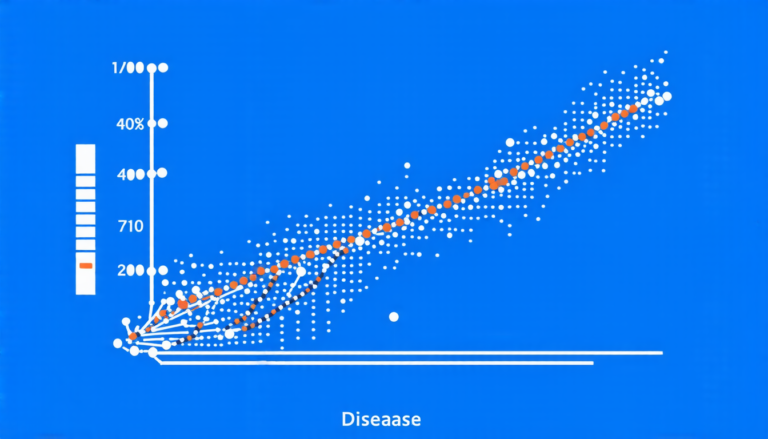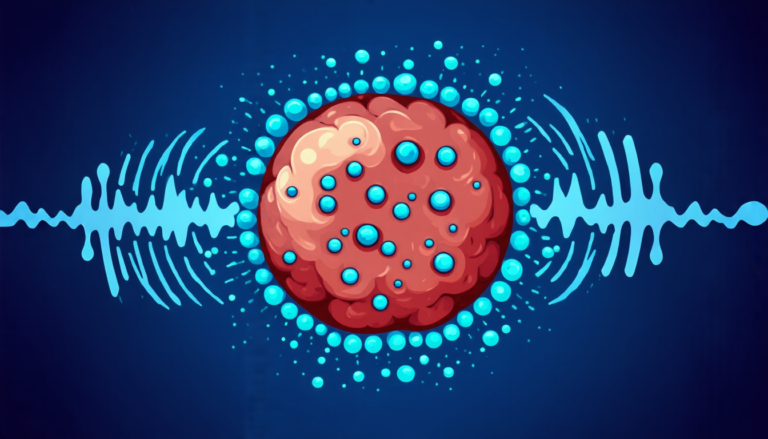Monday 07 April 2025
Researchers have made a significant breakthrough in understanding the properties of simple C*-algebras, which are used to describe complex systems in physics and mathematics. The study, published in a recent paper, reveals that these algebras can exhibit unexpected behaviors when they’re crossed with other mathematical structures.
Simple C*-algebras are a fundamental concept in operator theory, a branch of mathematics that deals with the study of linear operators on Hilbert spaces. They’re used to describe the behavior of quantum systems and have applications in fields such as quantum computing and condensed matter physics.
The researchers focused on a specific type of simple C*-algebra called AH algebras, which are constructed using a combination of geometric and analytic techniques. These algebras have been extensively studied in recent years due to their potential applications in topological phases of matter.
The paper reveals that when an AH algebra is crossed with another mathematical structure called a discrete group, it can exhibit a property known as Z-stability. This means that the resulting algebra has certain properties that make it useful for describing systems that exhibit topological phases.
However, the researchers also found that the radius of comparison, which is a measure of how well an algebra approximates a given system, can decrease significantly when the algebra is crossed with another structure. This was unexpected, as previous research suggested that the radius of comparison would remain constant or increase in such cases.
The study has important implications for our understanding of simple C*-algebras and their applications in physics and mathematics. It highlights the need for further research into the properties of these algebras and how they can be used to describe complex systems.
One potential application of this research is in the development of new quantum computing architectures. Simple C*-algebras have been proposed as a way to encode quantum information in a more robust and fault-tolerant manner, and this study could help researchers better understand how these algebras can be used to achieve this goal.
The paper also has implications for our understanding of topological phases of matter, which are states of matter that exhibit unique properties such as superconductivity or superfluidity. The discovery of new topological phases is an active area of research, and simple C*-algebras could play a key role in the development of new materials with these properties.
Overall, this study represents an important step forward in our understanding of simple C*-algebras and their applications in physics and mathematics.
Cite this article: “Unlocking the Secrets of Simple C-Algebras: A Breakthrough in Quantum Physics”, The Science Archive, 2025.
Mathematics, Physics, Simple C*-Algebras, Ah Algebras, Discrete Groups, Z-Stability, Radius Of Comparison, Quantum Computing, Topological Phases, Operator Theory







